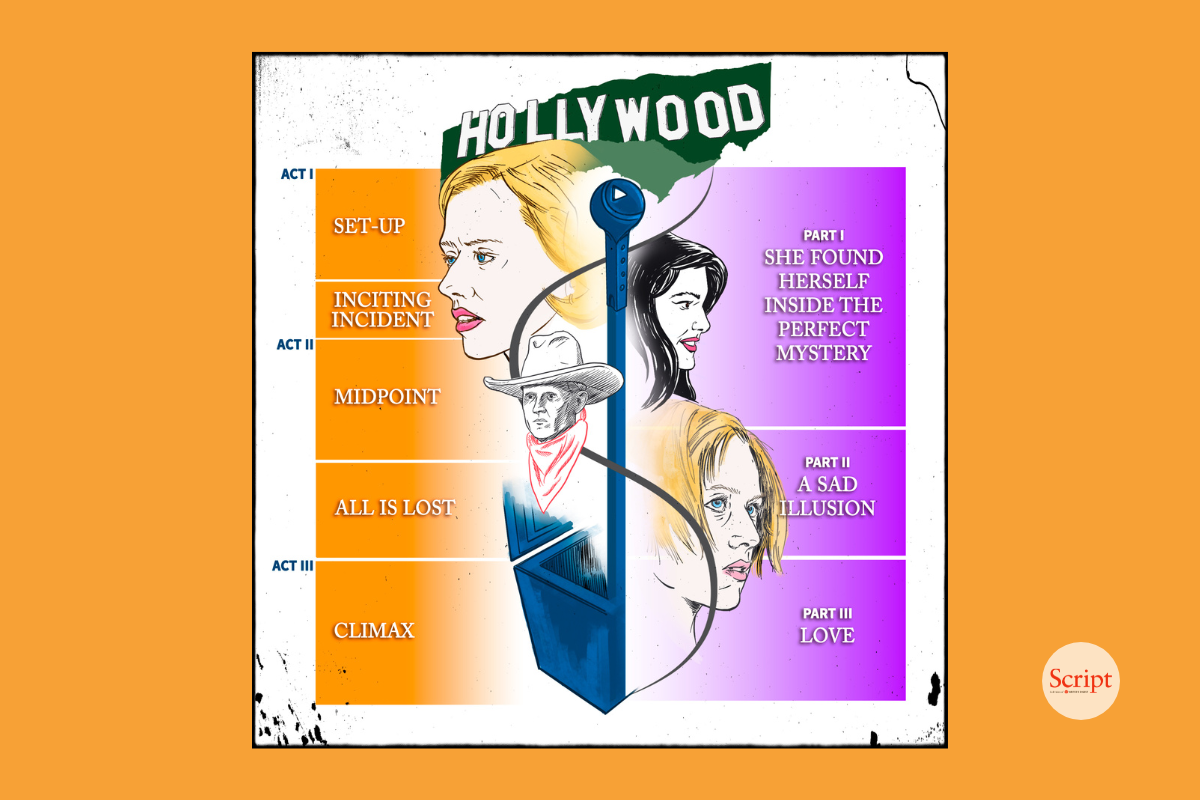Specs & The City: Antagonists and ‘What About Bob’
There’s something you should know about me. I believe – with all of my heart – that Bill Murray is a genius. Let me be perfectly clear. That’s not hyperbole….
There’s something you should know about me. I believe - with all of my heart - that Bill Murray is a genius. Let me be perfectly clear. That’s not hyperbole. The man is a certified, honest-to-goodness genius.
Why am I telling you this? It’s so that you might better understand why I chose to spend this past Saturday (a beautiful, crisp fall day) celebrating Mr. Murray’s birthday with a movie marathon. We watched nine of his best films, covering everything from Caddyshack to The Life Aquatic with Steve Zissou. It was glorious. And about half-way through the day, I began to realize something. Whether it’s comedic pacing, the value of subtlety, or the power of improvisational collaboration between writers and actors (compare the script for any of his movies with the end result on screen and you’ll see what I mean), I learn something new about the world of film every time I sit down and watch one of his movies.
This past Saturday was no different, but it came from an extremely unlikely source. So, let’s talk about…
Antagonists and What About Bob
Every screenwriter knows the importance of an Antagonist - They’re the cheese to your Protagonist’s macaroni. But a lot of writers spend so much time developing the hero of their story that they neglect the other side of the conflict. A strong and well developed Antagonist is the key to the engaging conflict you’re trying to create and, by the same token, a weak and underdeveloped one is a death knell for your script’s chances.
That’s a simple enough concept to wrap your mind around. Don’t write bland characters. Easy, right? Give your Luke Skywalker his own Darth Vader and call it a day. Done and done.
But a truly great Antagonist goes beyond that. They’re well rounded, fleshed out characters with their own hopes and dreams. Like most of us, they're flawed with strengths and weakness that make them feel like a real person. Vader might be a bad ass and look damn cool, but he doesn’t frighten me with his sorcerer’s ways. Don’t get me wrong, I love him, and he’s a fixture of my childhood, but he’s about as one dimensional of a villain as you can get.
When it comes to an amazing Antagonist, Vader doesn’t even come close to Dr. Leo Marvin in What About Bob (yes, I’m serious).
At first glance, What About Bob is a simple-minded comedy about Bob Wiley (Bill Murray) and the hilarity that ensues as he works to overcome the severe phobias that are crippling him at the beginning of the script. However, as the story progresses it becomes clear the story is just as much about Dr. Leo Marvin (Richard Dreyfuss) and his parallel journey – the decent into madness. Leo is Bob’s Antagonist. He’s a successful psychiatrist on the cusp of transitioning to national prominence. He’s narcissistic, pompous and a little dull, but he’s also a loving husband and father struggling to deal with the stress and nervousness his newfound success is bringing with it.
In other words, he’s a real person. In fact, Leo is so well fleshed out that by the end we empathize with him more than we do with Bob. He’s the villain of the story, but we understand his journey – how he got from here…
BOB
Dr. Marvin, do you think you can
help me?
There is a pause. Marvin leans in.
MARVIN
There's a saying, Bob, that the best
psychiatrist in the world is right
inside of you. I can help you,
provided you're willing to help
yourself.
BOB
Are you kidding, I'll do anything!
Marvin stands and moves to the bookcase behind him.
MARVIN
There's a groundbreaking book that
just came out, Bob. Not everything
in it applies to you, but when you
see the title, I think you'll see
that it can help.
To here…
EXT. THE MARVIN HOUSE, SAME
Marvin, carrying the back pack, leads Bob outside. Bob looks
relaxed.
BOB
Where we going hiking?
MARVIN
Into the woods.
BOB
Is this a new form of therapy?
MARVIN
Yeah, Bob, it's death therapy. It's
a guaranteed cure.
BOB
Death therapy. I like it.
Marvin leads Bob into the woods beside the cottage.
In fact, we continuously alternate between disliking Leo and genuinely feeling sorry for him. Giving an audience that much empathy into the villainous ways of your Antagonist is extremely difficult to pull off and Leo’s transformation is amazingly well executed. It’s a huge part of why I love this movie (well…that and the tourettes scene).
So the next time you’re working on your script, remember Dr. Leo Marvin and the masters class in Antagonist creation that is What About Bob.
Related Articles:
- Ask the Expert: Character Description
- Balls of Steel: Therapy for Your Character
- Rewrite: Tips for Strengthening Your Protagonist's Aim
Tools to Help:
Brad Johnson is a screenwriter and producer who has placed in multiple competitions including Final Draft Big Break and the Walt Disney Television Writing Program. He has served as a judge for the Nashville Film Festival and the NYC Midnight Short Screenplay Challenge, and worked as a script consultant through his website, ReadWatchWrite.com. You can follow Brad on Twitter @RWWFilm.







